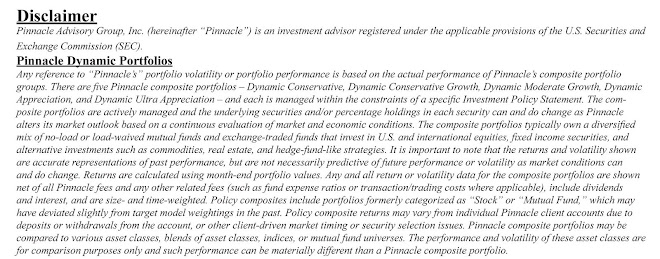Over the past few weeks I’ve had the privilege of speaking to several hundred Certified Financial Planners. I was invited to speak in Amsterdam by a gentleman who heard me speak last year at the Financial Planners Association National Conference in Anaheim, CA. Since I have never been to the Netherlands and have heard endless tales of marijuana smoke, red light districts, canals, and other tourist attractions, I accepted their offer to speak to more than 200 financial planners who recently earned their CFP designations. The Dutch, as you may have heard, take their money seriously, and I was informed more than once that the first publicly-traded company was the East-India Trading Company, which was formed in Holland and basically created the business of global trade. I felt obligated to reply that that the Dutch also gave the world its first massive investment bubble, which had to do with unbelievably inflated prices for tulips in the 1600s, but that’s a story for another blog post.
My trip to Boston entailed a whole lot less flying time, but a whole lot more stress and it was only by the grace of the fantastic Howard County, Maryland road crews that I was able to escape the snow drifts and speak to a similar group of more than 200 CFPs, all of whom seemed interested in this idea I had that Buy and Hold is Dead (AGAIN). It is interesting that I only changed one or two slides for presentations that I made to CFP groups on both sides of the Atlantic. And, it was interesting that the first question from both groups of planners at the end of my talk was the same. I went something like this: “How do you know that you won’t get your forecast wrong and buy or sell the market at the wrong time, which would constitute an investment mistake?”
Here’s the answer I gave – “We are one month away from the ten year anniversary of this secular bear market where buy and hold investing has proved to be disaster from just about any point of view for financial planners. Buying and holding the market while it has delivered negative absolute returns for a decade (and even worse inflation-adjusted returns) is probably the biggest mistake that a planner could make. Retirements have been shattered and financial plans have been completely invalidated. In that context, are you really worried about the consequences of making a poor forecast? The industry has already made the biggest possible mistake imaginable. Anything we do from here will be an improvement.” Planners on both sides of the pond seem to be oblivious to the fact that delivering cash returns or less for a decade constitutes a monster, undeniable, investment mistake. I almost hated to tell them that there has never been a secular bull market that began from today’s normalized ten-year P/E ratio of 21. Sigh.


